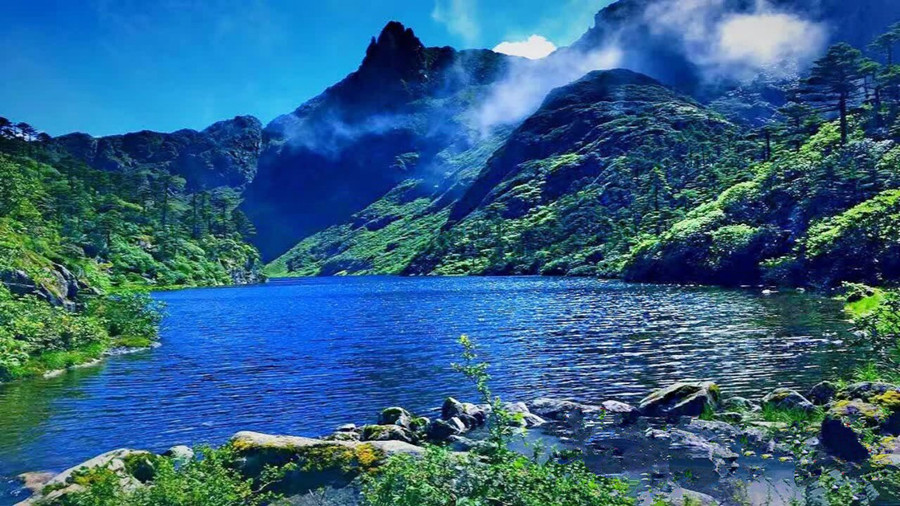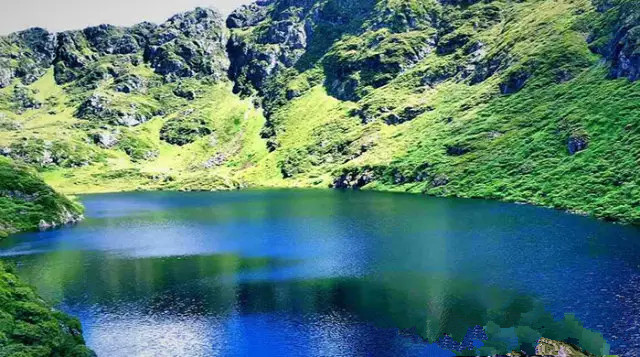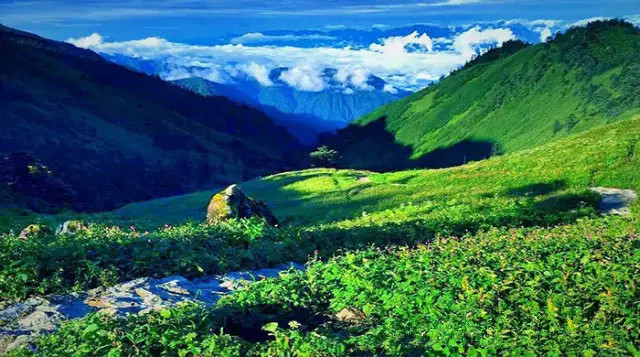
Qilian Lake in Fugong County, Nujiang
Overview
Qilian Lake (Seven Lotus Lakes), Fugong County, Nujiang
I. Geography and Ecology: Natural Wonders Above the Clouds
II. Culture and Legends: The Spiritual Homeland of the Nu People
III. Hiking and Exploration: A Journey of Challenge and Poetry
1. Route Planning
2. Best Travel Seasons
3. Gear and Tips
IV. Nearby Attractions: The Diverse Charms of the Nujiang Gorge
1. Laomudeng Village
2. Zhiziluo: The “Memory City”
3. Stone Moon
V. Transportation and Accommodation: Connecting the Hidden Realm to the World
1. Transportation
2. Accommodation
VI. Ecological Protection and Sustainable Travel
Conclusion





















